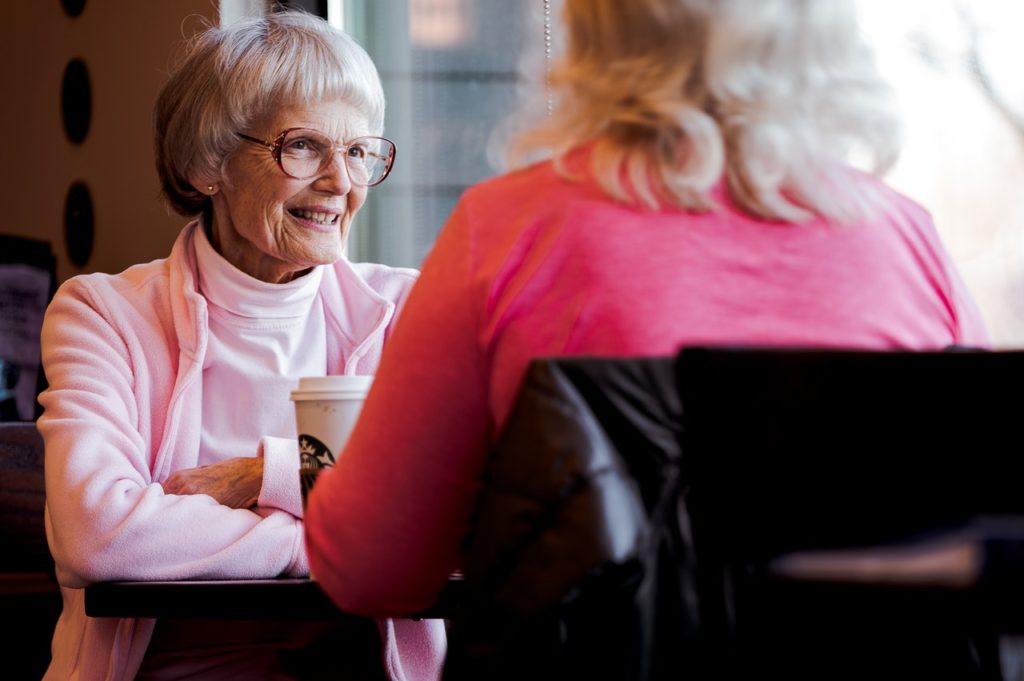People often assume that gender-based violence is experienced only by younger women. But studies — as well as many older women themselves — reveal that elderly women can also suffer from all types of violence, abuse, and neglect.
Sadly, violence, abuse, and neglect against older women were often undetected, according to Yanira Argueta, Minister for Women of El Salvador. We can attribute this to the fact that in the past, abuse, to a certain extent, was socially acceptable. Men were regarded as the dominant sex, while women were expected to be submissive and timid.
Hence, many seniors aren’t even aware that what they experienced in the past was abuse. As such, they remain prone to it to this day, be it in the hands of their abusive spouse or caregiver.
Thankfully, women’s voices are amplified now, giving abused elderly women a chance to heal and start anew. If you’d also love to empower senior women, here are some ways to do that, and its effects on their health:
Why Women Empowerment and Gender Equality are Important
Women’s empowerment and equality is a fundamental human right. When women are able to participate in politics, their own resources including land, and access employment and education, they can sustain their own development. In addition, gender equality can lead to improvements in health and quality of life. Women with greater agency are more likely to have fewer children, access to healthcare services, and more control over their health resources. They are also less likely to suffer domestic abuse.
Healthy women are more able to socialize, engage in commerce, and take collective action to nurture their own interests. They are more likely to possess higher bargaining power and control over their resources within the household.

Ways to Empower Elderly Women
- Listening
The simple act of listening can create a significant difference in a senior woman’s life. Because their abuse is often unrecorded, we ourselves should reach out to them and hear their stories. That way, we can gather accounts of their horrific experiences and change the way we capture data.
However, there can be a stigma attached to being a survivor of violence. In a survey in Maldova, one in three survivors were unwilling to disclose the identity of their abusers because of shame, distrust for the police, and fear of consequences. Older women are less likely to report their perpetrators if they are dependent on them for care, or for social contact.
Therefore, we must consult older women to find out how to protect them from violence. The healthcare industry, meanwhile, should extend their support services to seniors, not just to pregnant women, or younger women in general.
When collecting data, we can segregate it by gender and in five-year age groups to include senior women, so that we can gain a deeper understanding of the different types of violence women of different age groups experience.
If you’re an entrepreneur with more than enough funding, consider looking for home healthcare franchise business opportunities. With your own senior care business, you can directly interact with elderly women and their families, and find out if they’ve been victims of violence in the past.
- Government Action
Ultimately, women empowerment will rely on the government. Women and men who hold offices must create formal agreements, codes, and laws to change norms that violate women’s rights. They must create policies that will improve women’s economic opportunities so that the elderly can still make a living if they wish to. They must also allow women of all ages to speak out and be heard as much as men do. And on a societal scale, women leaving an abusive relationship and filing for a divorce should be normalized.
It’s never too late to empower senior women, even if they suffered tremendously in their youth. By giving them a voice now, we can stop the cycle of abuse, and raise a new generation of stronger women.

